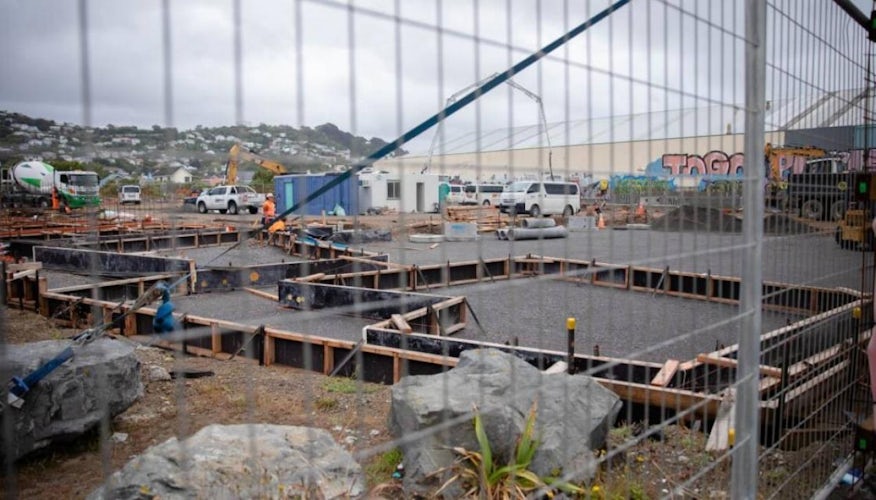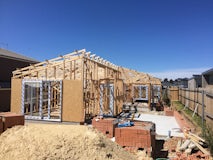Market slump to continue, 57 liquidations in Q4 2023, and build-to-rent change proposals.
Too long; didn't read? Here're this week's TLDRs...
Core Logic Housing Affordability Report
Read the article
Housing market slump will continue into this year
Read the article
Falls in house prices have been 'modest'
Read the article
Average dwelling value increased 2% over the three months to January
Read the article
57 property construction company liquidations in Q4 2023
Read the article
Landlord brushes off dangerous electrical wiring
Read the article
Property traders buying up cheap two-bedroom units
Read the article
Why NZ has suddenly gone dark on interest rate cuts
Read the article
11 contracts on one home
Read the article
ANZ picks two more Reserve Bank rate hikes ahead
Read the article
8% of Homeowners haven't renewed insurance
Read the article
Govt considering overseas build-to-rent investors
Read the article
Investment fund aiming to fix the housing crisis
Read the article
Tax changes needed to boost build-to-rent sector
Read the article
NZers adjustment to higher rates about 80% complete
Read the article
FHBs active, investors cautious
Read the article



